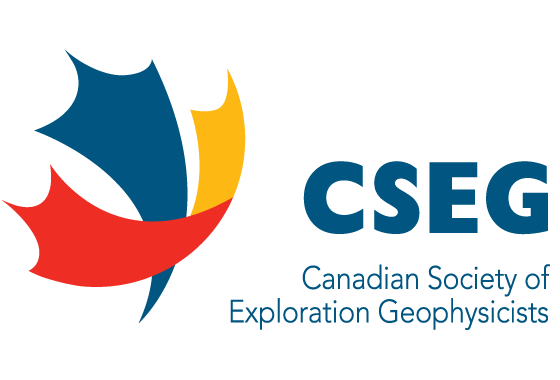Course Description
The use of surface wave analysis for near-surface (down to about 600 m) characterization has dramatically increased in the last two decades thanks to the possibility offered by this technique for shear wave velocity estimation. New tools and approaches have been developed for surface wave data acquisition and analysis to make the method robust and suitable to investigate complex geological settings in both soil and hard rock conditions. The course will supply an overview of the method starting from surface wave propagation and dealing with acquisition, processing and inversion of surface wave data. Advantages and weaknesses of different approaches as well as requirements for data acquisition and analysis will be discussed. Recent developments including methods to estimate P-wave velocity and surface wave tomography for near surface application will be presented with example of results and applications to different near-surface problems with specific focus on mineral exploration field cases.
The course will provide the participants with a wide overview of the main steps of the surface wave method: acquisition, processing and inversion. Different approaches with their potentialities and limitations will be discussed through many practical examples to enable the participants to acquire knowledge about the requirements and design of data acquisition, processing methods and inversion algorithms for different applications from small-scale engineering to large-scale exploration and static corrections.
Course outline
- Surface wave propagation in homogeneous and layered media;
- Geometrical dispersion, modal curves and their properties;
- The use of surface wave for near surface characterisation: the method outline;
- Data acquisition: on purpose acquired active data, other active data, passive data;
- Processing: from raw data to dispersion curves, multichannel methods, 2-station methods;
- Inversion: global and local search methods (1D, pseudo-2D/3D), higher modes, tomography, skin depth and VP estimation
Biography
Laura Valentina Socco, is presently Full Professor in Applied Geophysics at the Department of Environment, Land and Infrastructures Engineering (DIATI) of the Politecnico di Torino, where she took her PhD in Environmental Geo-engineering in 1996. In 2013 Prof Socco has been chosen as Honorary Lecturer by the SEG. In 2014 Prof Socco has received the Conrad Schlumberger Award (EAGE). In 2019 Prof Socco has received the Outstanding Educator Award from SEG. Prof Socco has been Editor in Chief of Geophysics from 2017 to 2019. Prof Socco works on geophysical techniques for near surface investigation in applications ranging from, seismic hazard and engineering, to hydrocarbon and mineral exploration, environment and cultural heritage. In the last twenty years, she has focused her research work on surveying techniques based on the propagation of seismic surface waves and geophysical data integration techniques. Prof Socco has been principal investigator of several research projects financed by national and international institutions and companies. Since 2007 she has been in charge of the Applied Geophysics Lab of DIATI. Prof Socco is author of more than 140 scientific publications and she has been awarded with a honourable mention in the category best paper in Geophysics in 2012, 2013 and 2016. She has been vice-chairperson and chair-person of the Near Surface Division Committee of EAGE and member of EAGE Board (2014-16). She has been Associate Editor (2003-2013) Assistant Editor (2013-2017) of Geophysics and she has been Associate Editor (2006-2013) of Near Surface Geophysics. Prof Socco is chair of the Education Program in Environment and Land Engineering at Politecnico di Torino and she is Professor of the course “Exploration Geophysics” and “Well logging and well testing” in the MSc program in Petroleum Engineering at Politecnico di Torino.




